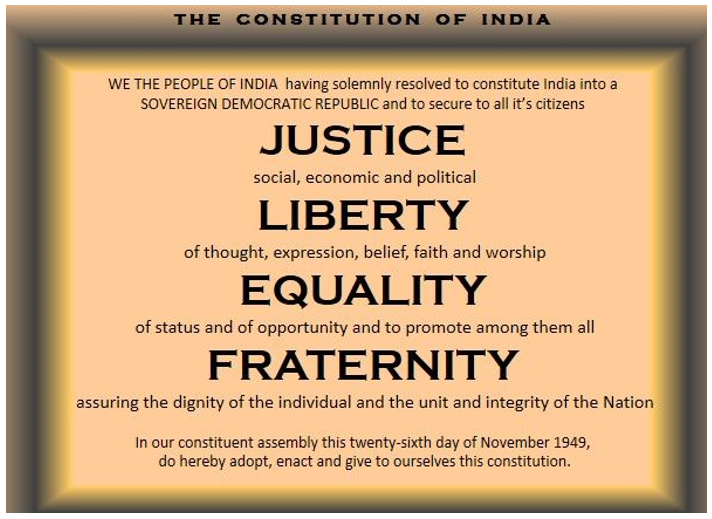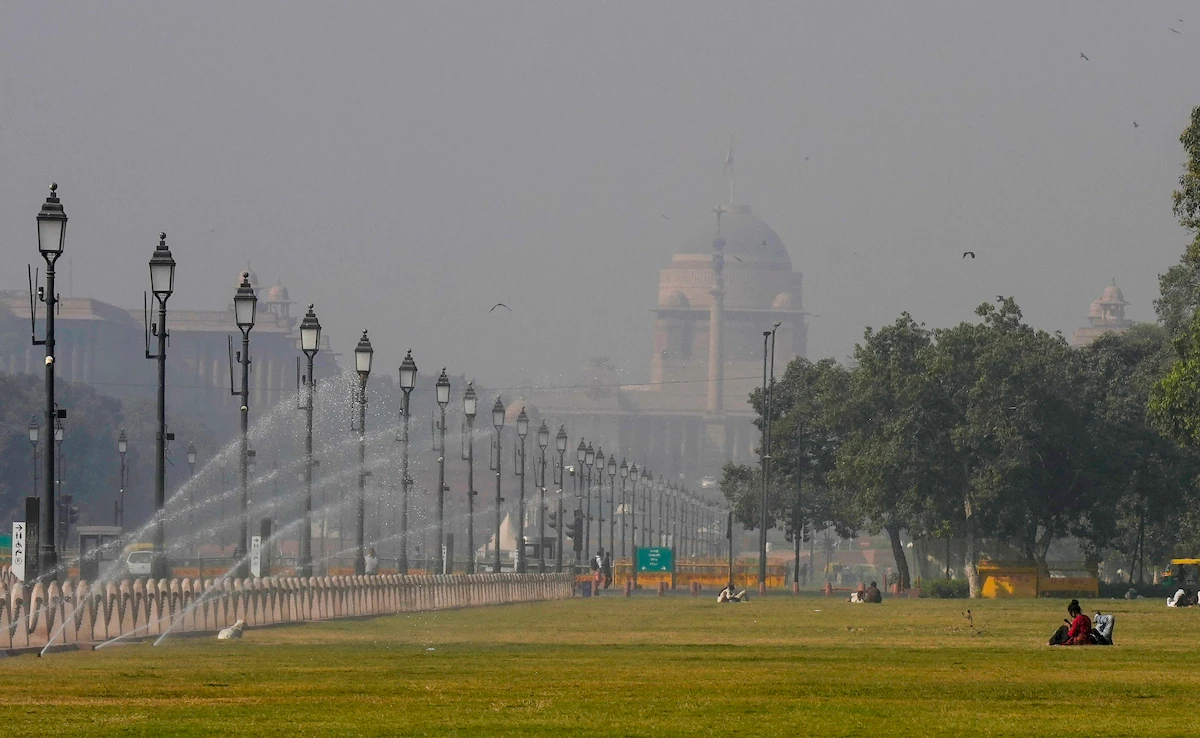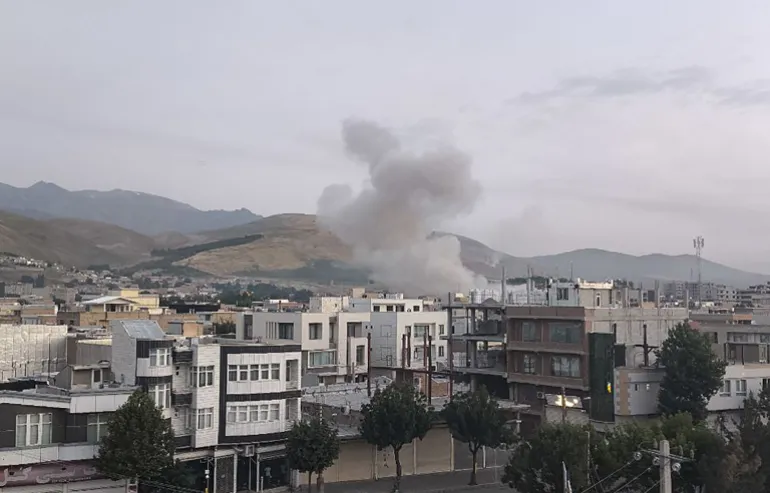- Courses
- GS Full Course 1 Year
- GS Full Course 2 Year
- GS Full Course 3 Year
- GS Full Course Till Selection
- Answer Alpha: Mains 2025 Mentorship
- MEP (Mains Enrichment Programme) Data, Facts
- Essay Target – 150+ Marks
- Online Program
- GS Recorded Course
- NCERT- First Ladder
- Polity
- Geography
- Economy
- Ancient, Medieval and Art & Culture AMAC
- Modern India, Post Independence & World History
- Environment
- Governance
- Science & Technology
- International Relations and Internal Security
- Disaster Management
- Ethics
- Current Affairs
- Indian Society and Social Issue
- CSAT
- 5 LAYERED ARJUNA Mentorship
- Public Administration Optional
- ABOUT US
- OUR TOPPERS
- TEST SERIES
- FREE STUDY MATERIAL
- VIDEOS
- CONTACT US
Fraternity in India
Fraternity in India

Latest context
- Fraternity, one of the core values enshrined in the Indian Constitution, plays an important role in promoting unity and equality in the society.
- However, the practical application of fraternity in India raises many questions and challenges.
Origin of the Concept of Fraternity
|
Ancient Greece |
Aristotle's Idea |
Middle Ages |
French Revolution |
|
|
|
|
Fraternity in India
- The Indian fraternity has its own journey in India's sociology, and the current nature of the Indian fraternity differs from the political fraternity enshrined in its constitution.
- According to Dr. B.R. Ambedkar “Fraternity means a sense of common brotherhood of all Indians — of Indians being one people. It is the principle which gives unity and solidarity to social life,”.
- No one should treat a fellow citizen as inferior.
- While the morals of the Preamble like– Justice, Equality, and Liberty have been explicitly and implicitly ensured through Fundamental Rights, Directive Principles and other constitutional provisions, this is not the case with Fraternity.
Constitutional Provisions Related to Fraternity
|
Constitutional Provisions |
Description |
|
Preamble |
Along with liberty, equality and justice, the principle of fraternity was also added to the principles of the Preamble. |
|
Fundamental Duties |
|
|
Directive Principles of State Policy |
Article 38: The state shall strive to promote the welfare of the people by securing and protecting a social order that fosters fraternity among the citizens. |
Fraternity meaning in the constitution
-
Signifies moral obligation
- Fraternity in the Constitution reflects a moral obligation to treat fellow human beings fairly and respectfully, giving priority to social solidarity over individual identity.
- Acharya Kripalani pointed out that the preamble contains not just principles of legality and politics, but also a moral, mystical essence as well.
-
Pillar of constitutional morality
- It is one of the four pillars of constitutional morality as stated in the Preamble, alongside justice, liberty, and equality.
-
Affirming the dignity of the individual
- Fraternity in the Constitution affirms the dignity of the individual by recognizing moral equality and mutual respect among individuals despite differences in religious beliefs, caste, language, culture, ethnicity, class, and gender.
Limitations and challenges of Fraternity in the context of India
|
Challenges |
Description |
|
Social and Cultural Differences |
|
|
Economic Disparities |
|
|
Political Differences |
|
|
Lack of Trust |
|
|
Failure of Constitutional Morality |
Its failure could lead to loss of trust in institutions and the rule of law, create instability and weaken brotherhood. |
|
Educational Disparities |
|
|
Language and Cultural Barriers |
|
Way Forward
- To overcome differences and foster a sense of brotherhood, it is important to take initiatives which promote society and culture unity in diverse communities.
- Dialogues, understanding and cooperation among people of different backgrounds should be encouraged by these programmes.
- Civic education should inculcate the values of fraternity, equality and social justice from an early age.
- Ethical leadership is essential at all levels of society to set an example of responsible citizenship and ethical conduct.
- Implement policies and programs that address economic inequalities, ensuring equal access to opportunities and resources for all citizens.
Conclusion
- Ambedkar had dreamed of an India in which divisions of caste and religion would gradually end in the spirit of brotherhood. Therefore, investment in concepts like fraternity will save society from fragmentation.
Must Check: Best IAS Coaching In Delhi



